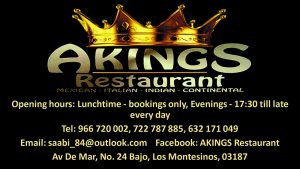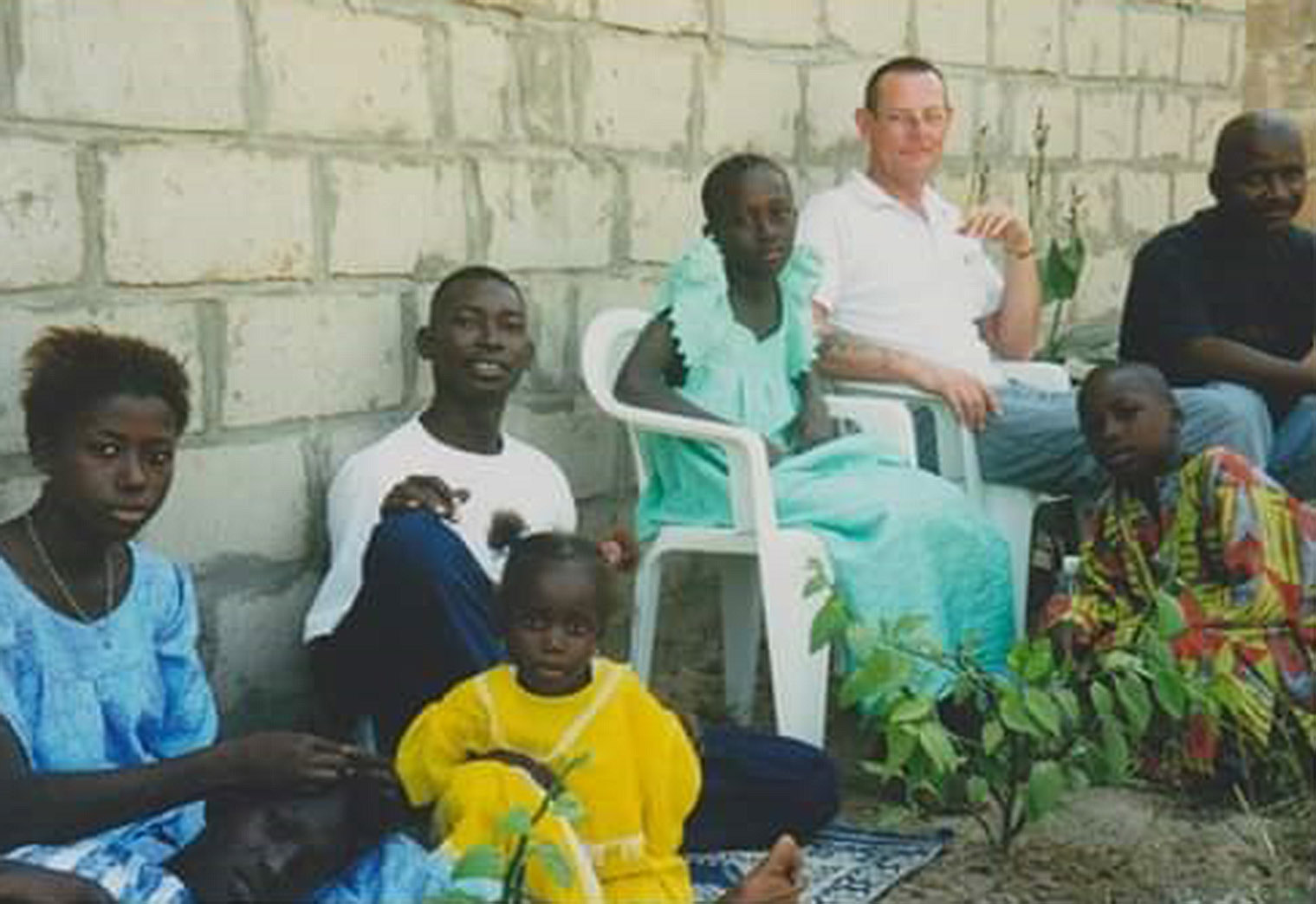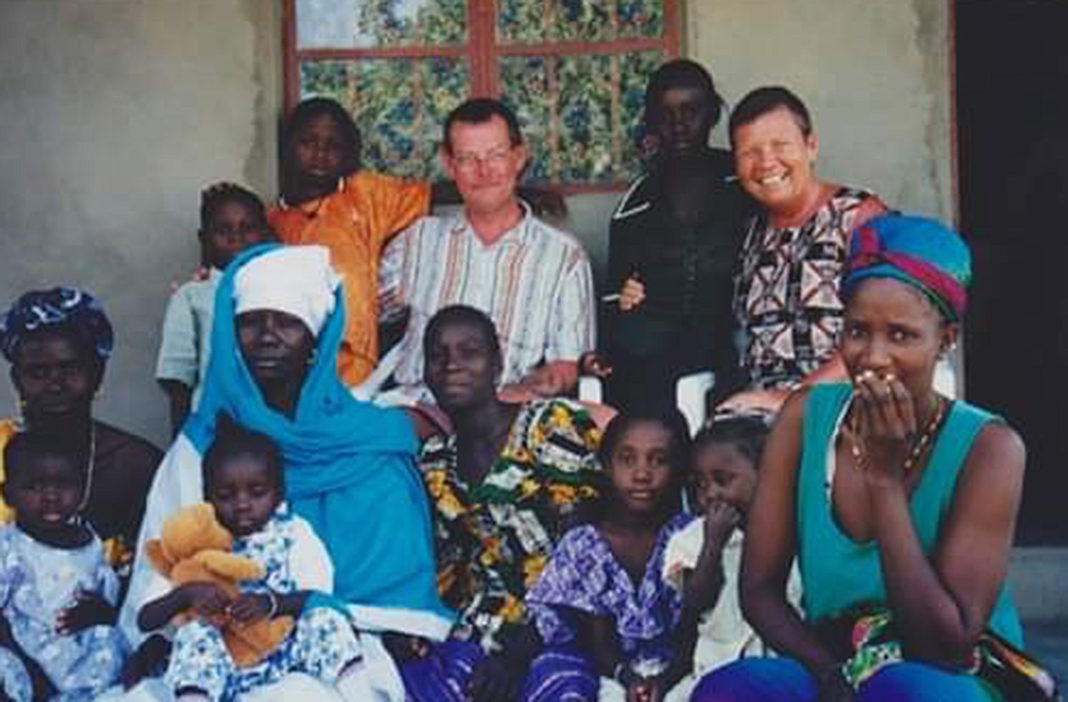- Andrew Atkinson talks to former Quesada-Rojales resident Rosemary Le Messurier, who now lives in Guernsey, about The Gambia in Part 1 of a two-part Leader Exclusive interview.
IN a twist of fate, Rosemary Le Messurier and husband Steve, who booked a trip to Egypt in 1997 – cancelled, due to the massacre of tourists at the Temple of Hatshepsut, Luxor – visited The Gambia instead.
“We knew little of The Gambia, only that it was in West Africa,” said Rosemary.
What she saw en-route to the hotel was totally unexpected. A Third World country – one time a territory of Great Britain. Shacks lined the single main road back then, from which inhabitants sold their wares: “We stayed at the Atlantic Hotel, situated on the outskirts of the capital, Banjul,” recalled Rosemary.
Security was tight – the hotel was for visiting dignatories, walking distance of the only Hospital and Presidential Palace.

Today, it is re-named the Laico Atlantic. Rosemary was informed not to venture from the grounds and to engage a Tourist Guide that came under a Controller.
“We hired a guide, to take us into Banjul. Kemo was our guide, aged 19, who explained guides were obliged to undergo an examination, both as regards to their knowledge of the country, and English speaking capability.
“The Gambian people are divided into Ethnic groups, each with its own ‘native’ language, the main ones being, but not exclusively, Mandingo speaking Mandinka, Wolof, Fulani (speaking Fula) and Jola,” said Rosemary.

“Kemo was very proud of the fact that he came from the Mandingo group, the largest,” said Rosemary, who on their first trip to Banjul found the number of beggars, especially those with Leprosy, quite upsetting.
Most places visited, Kemo accompanied her, learning a great deal from him, and over the next six years became a good friend, with invites to his family compound each year, to see how he had progressed, with Rosemary’s help.
He had built a solid family home and was cultivating the plot outside, to provide fruit and vegetables – not just for his family – but also neighbours.
Back then, priority was given to educating sons, rarely daughters, unless the family was wealthy: “We provided the means for his female relations living at the compound, to attend the local school.
“Kemo became a husband and father during this period. His wife was named Hawa, and their first child, a girl, Ma-bintu. “Sadly, before the age of 5, she died of Malaria,” said Rosemary.
Kemo became a father to two sons, Talibo and Muhamed Lamin: “Whether there were more, we don’t know,” added Rosemary, who described the early years as a ‘voyage of discovery’.
The Gambia is built around the river, which flows many miles inland, from the Atlantic, surrounded by Senegal.
“We went up and down river in local boats, sometimes at dawn, to view the birdlife, which is abundant, or during the day to catch a variety of fish, some dangerous to the touch,” said Rosemary.
Down river provided the chance to go deep sea fishing, as the River Gambia flows into the Atlantic.
Visits to markets in Serrekunda and Brikama. Forests, abundant with birds and monkeys.
“A trip to James Island is a ‘must’, to see the appalling conditions that slaves were held in, en route from the hinterland, to England or the States.
“Little of it remains today, due to the ravages of the sea – but the ruins stand as a Memorial to the many that lost their lives there,” said Rosemary.
*Next week P2 of Rosemary Le Messurier’s story – and her quest to find The Gambia family she befriended.





